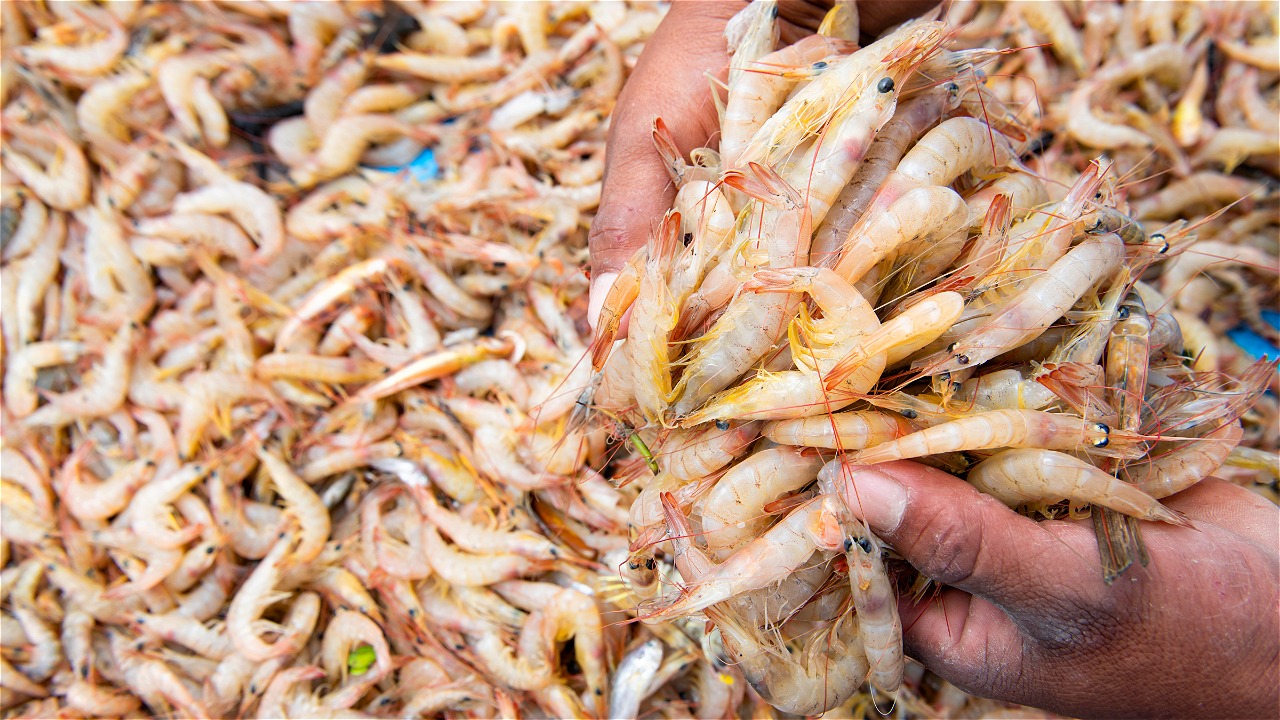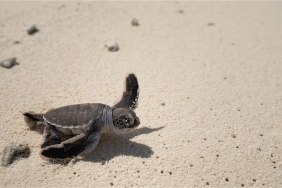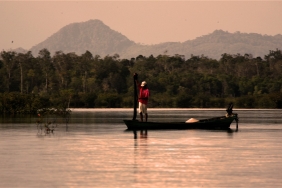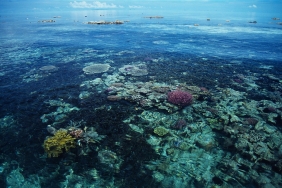THROUGH INSTITUTIONAL STRENGTHENING, REALIZING INDEPENDENT AND SUSTAINABLE JUN GROUPS
By: Said Rahmad Annesva (WWWF-Indonesia Aquaculture Local Facilitator in Aceh)
The JUN (Jak U Neuhuen) group is one of the shrimp farming groups that is well known by the community of Blang Mangat Subdistrict as well as the Department of Marine, Fisheries and Livestock (DKPP) of Lhokseumawe City - Aceh. As one of the groups assisted by WWF-Indonesia for the implementation of the Aquaculture Improvement Program (AIP) for traditional tiger shrimp farming, this group is chaired by Mr. Junaidi from Tunon Village, one of the villages in the Blang Mangat Cluster. The group of 26 members has been concentrating on tiger shrimp farming or in Aceh known as udeung watt since 2011 based on Notarial Deed No. 68 and has been updated to Notarial Deed No. 44 of 2015.
On January 21, yesterday at the Rajawali Hotel in Lhoseumawe, a capacity building activity was held regarding reliable and independent institutional governance. The purpose of this training is as a means of discussion for group members to strengthen the JUN group institution. The material from the training provided is useful to support the group's vision in producing sustainable and responsible products. For example, how to improve the group's administrative system and financial management system. This is based on the results of the gap analysis which was then compiled into a work plan Aquaculture Improvement Program (AIP). Then, based on these results, there are several things that need to be improved together, one of which is the institutional aspect of the group.
Dede Suhendra (WWF-Indonesia Project Leader in Aceh) also said that the main key to forming a reliable and professional group can be started by improving these two systems. Because in terms of technical aspects of tiger shrimp farming, the ability of the JUN group is unquestionable thanks to the BMP's guidelines. The treasurer of the JUN group, Ramli, also expressed his opinion that the principal dues and compulsory dues have been imposed on all members at the initiative of the results of joint deliberations. Unfortunately, not all members have complied with the group rules that have been adjusted to the bylaws. In addition, Ramli also added that there are still perceived obstacles in group management, such as when crop failure experienced by group members results in the deposit of mandatory dues and principal dues. However, if the member is not active in group activities, Ramli emphasized to sanction him by expelling him from the group according to the agreed rules.
Hope for JUN Group to Get Better
Abdul Rauf, Vice Chairman of the JUN group, expressed the hope of this training so that in the future the JUN group can revolutionize in a better direction and WWF-Indonesia can continue to assist in monitoring this activity.
"Hopefully the knowledge gained from this training can be applied and used to organize the group to be more professional again," said Hamdani.
Azhar and Junaidi also expressed the same thing that the JUN Group must be ready and independent to strengthen the group, because WWF-Indonesia will not always assist this group. If in terms of independence alone can not be done by the group members themselves, then who else will do it? Of course, all this is done so that institutional management in general can be stronger and the JUN group is able to become an example of a more professional tiger shrimp farming group, both from a technical and institutional aspect.





